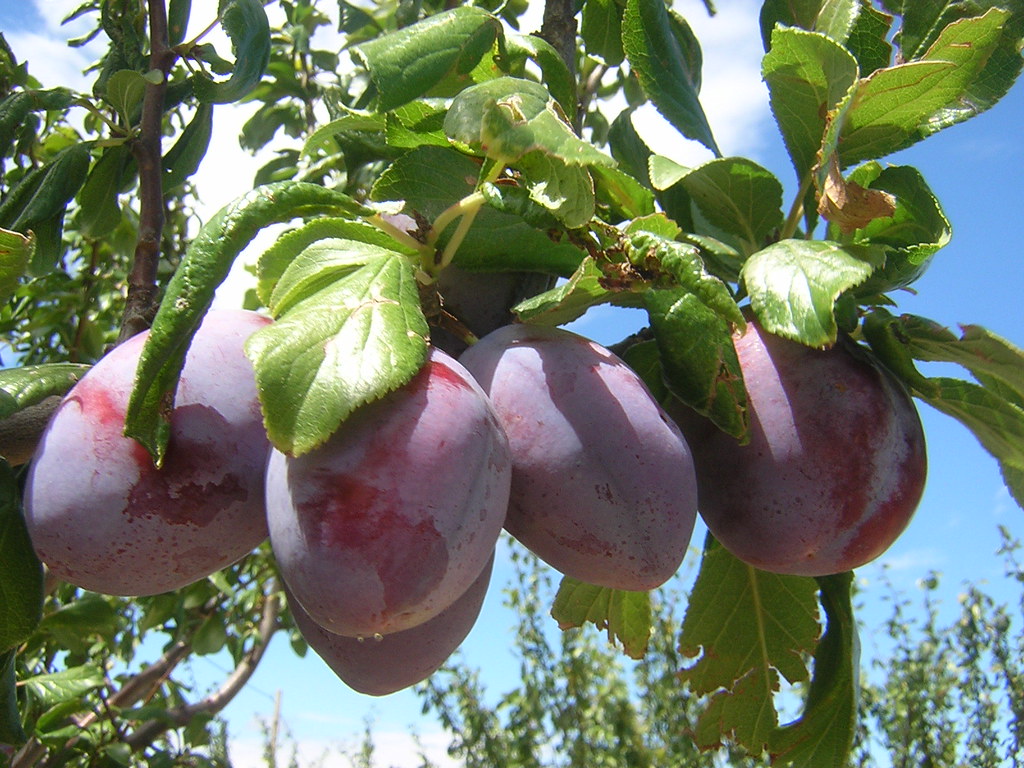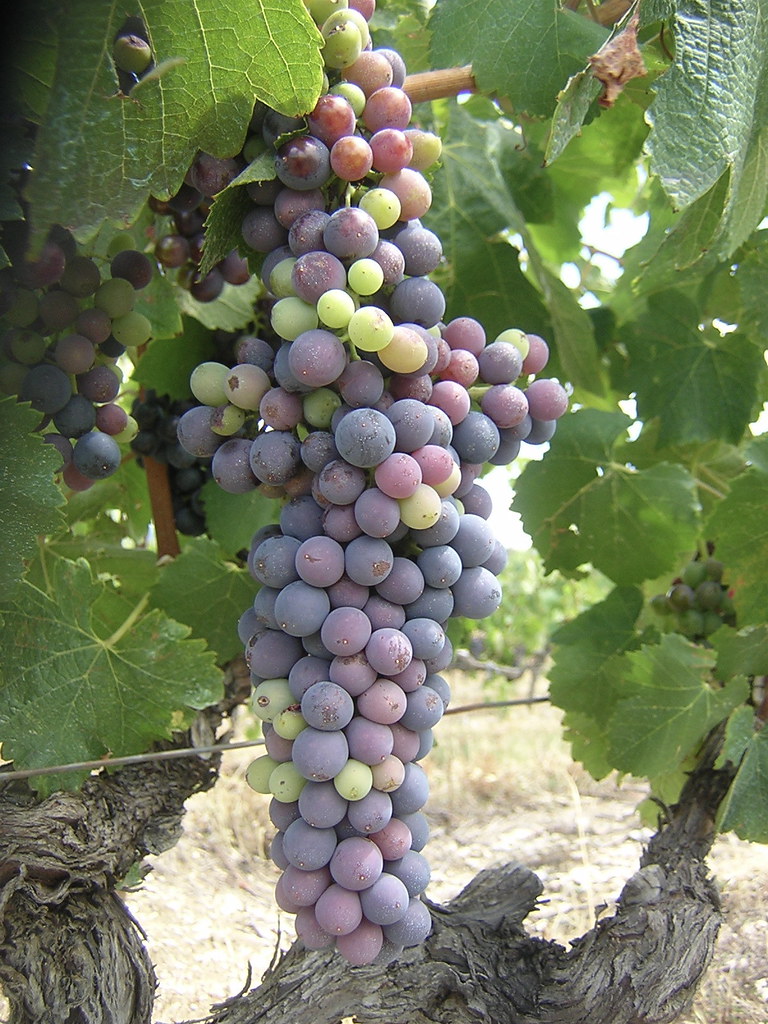I don't know

In a fascinating on-line lecture entitled "Toward the First Revolution in the Mind Sciences" held at Google Headquarters in Mountain View, California, Alan Wallace talks about the Scepticism of scientific enquiry - and indeed the Buddhist enquiry into the nature of the mind - versus the Dogma of religion. He emphasizes something in which I believe passionately but which, due to being told I was 'stupid' rather alot, am often curiously ashamed of - the ability to say:
“I don’t know”.
I don’t know, can be a statement of ignorance which includes a laziness to find out more, or it can be an empty flexible space from which to start a process of observation and enquiry into phenomena.
This morning I was reading Simon Hopkinson’s ‘Second Helpings of Roast Chicken’ in which he speaks with his usual humility and humour about the difference in treatment between arborio and basmati rice.
“I am forever enthralled by how these two grains of rice perform so differently as they cook.”
After an apology for the recipe for 'risotto milanese' in 'Roast Chicken and Other stories' (which was recently voted 'the most useful cookery book of all time'), he continues by emphasising the importance, whilst making ths dish as opposed, say, to pilaf, of stirring the rice vigorously whilst adding the stock. He has learned, since his last book that:
…”it is during this time that the outer coating of each grain has a chance to release its all-important starch. This cannot occur all on it’s own; well, it can, but only partially. Which is why, if you do not stir the risotto with the tempo of a semi-whirling dervish, most of that essential creaminess remains in the rice, when it should, most deliciously, have helped the thing become a whole; creamy and starchy, yet loose and fondant all at once”
Julian and I used to argue about the ‘right’ way to make risotto – one of our favourite dishes. Julian, who has his recipe ‘on good authority’, makes it by delicately and lovingly moving the rice around, treating each grain with the greatest respect and producing immaculately intact grains in a delicious saffron-infused stock. After all, if the universe is, as is so often suggested, to be found in a grain of rice, who would want treat the poor buggers with any less care?
Over the last four years, sure that it was far better karma, but mostly for the sake of avoiding conflict, I had slowly abandoned my approach of bashing the rice around with a wooden spoon in a constant state of agitation in favour of Julian’s more Zen approach. However, the memory of a hot-blooded Milanese pianist teaching me, twenty-five years ago, that there is absolutely nothing Zen about the preparation of risotto, and that stirring continuously and furiously was the ‘right’ way to make it creamy, would not go away, just like the memory of the naughty melty cheesey goo itself, and so I was thrilled to find Hopkinson’s words on it today.
Now ‘my’ way has become the ‘right’ way as opposed to the ‘wrong’ way.
So what if neither of us had had to be right? - if we had donned our symbolic saffron robes, admitted to not knowing, and had entered into a debate based on observation of phenomena; observation of what happened to the grains of rice when you treated them one way and what happened when you treated them another? Would my way still taste ‘right’ and his ‘wrong’ and vice versa, or would they just be different?
How much energy we waste fighting and clinging on to dogma!
However, let’s not forget, as Mr Hopkinson points out, that “good risotto should still be moving when it's put on the table, like a lava flow”







0 Comments:
Post a Comment
<< Home